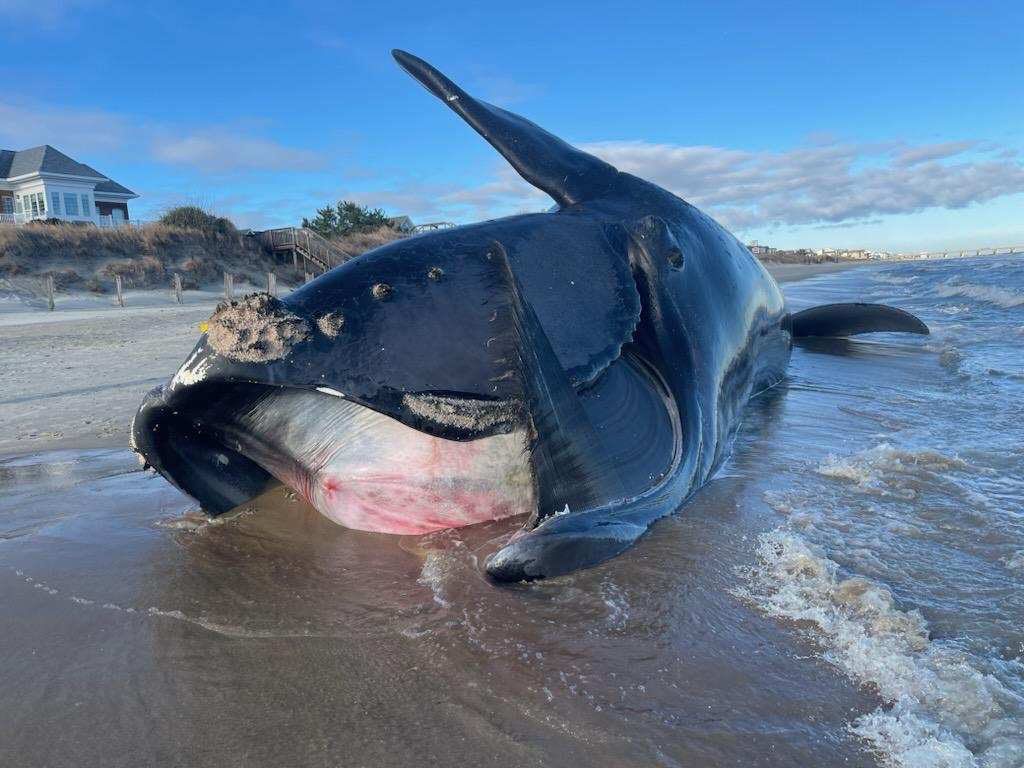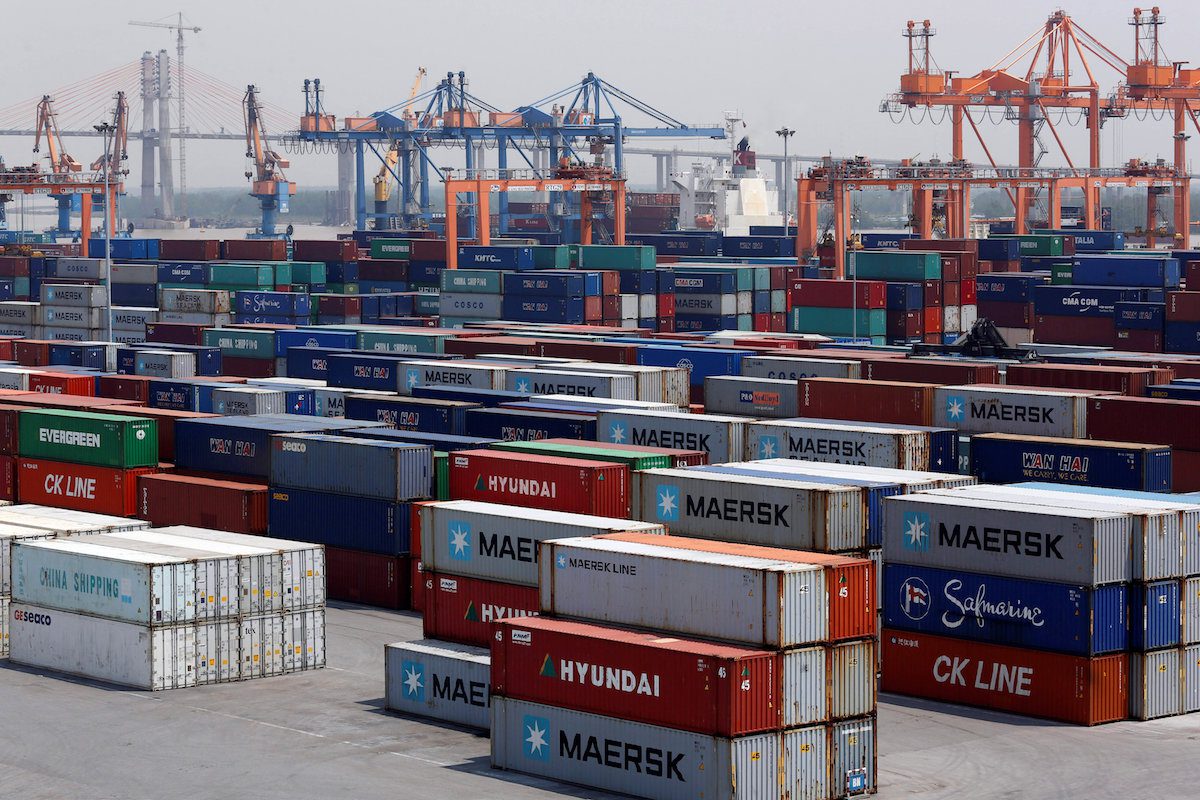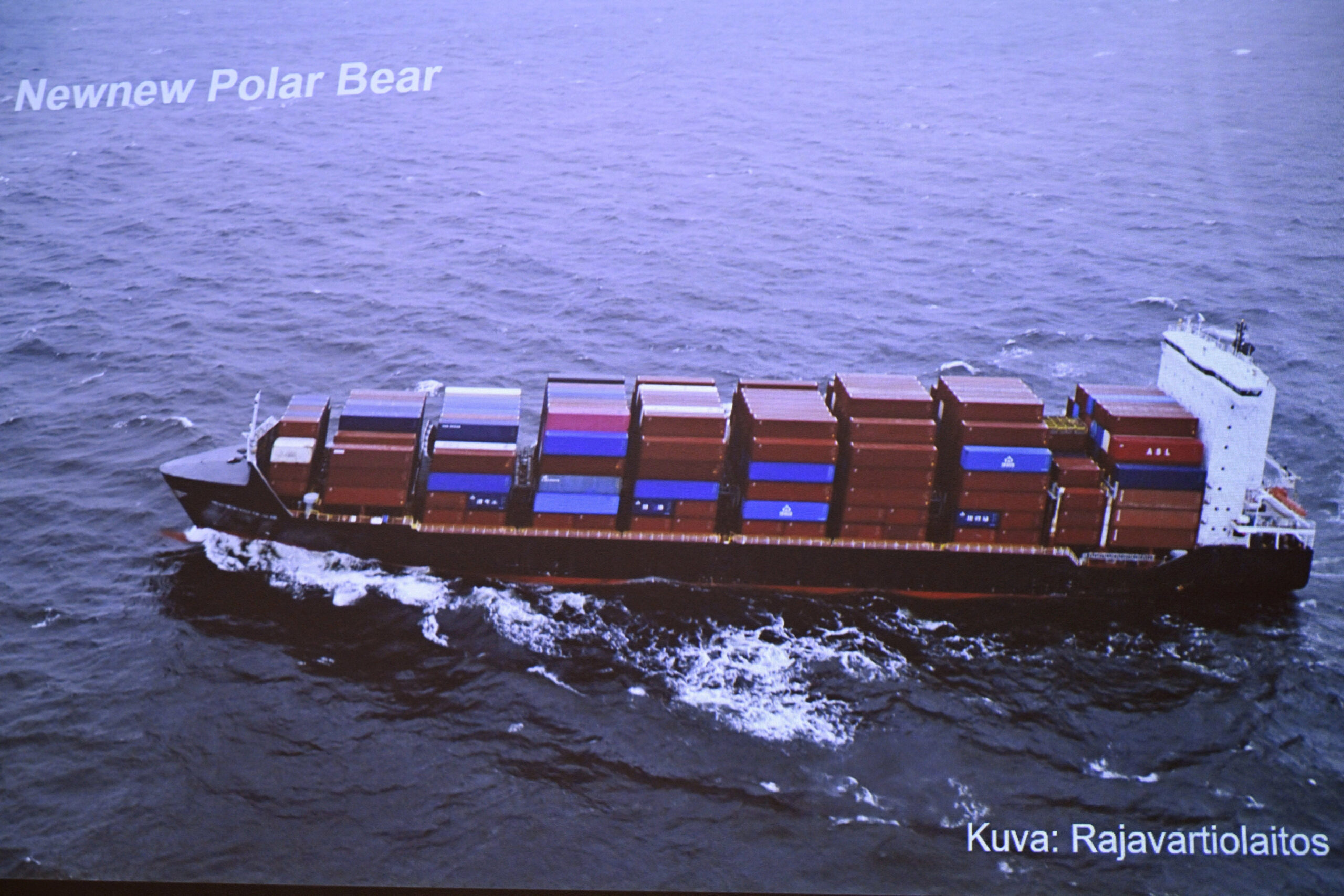Ocean conservation organization Oceana has released a report showing that a majority of vessels sped through mandatory and voluntary slow zones off Virginia Beach that are designed to protect North Atlantic right whales before a deadly strike last month.
The 20-year-old male North Atlantic right whale was found dead on Virginia Beach on February 12, 2023. The National Oceanic and Atmospheric Administration (NOAA) determined that the whale’s death was caused by blunt-force trauma consistent with a vessel strike.
Oceana used a tool called Ship Speed Watch, which relies on self-reported data to show ship locations, speeds and active voluntary and mandatory speed restriction zones, to investigate ship speeds in slow zones near the mouth of the Chesapeake Bay in the weeks preceding the discovery of the whale.
The report found that 158 of the more than 200 “boats” larger than 65 feet that traveled through NOAA-established slow zones from February 1st through the 11th exceeded the 10-knot speed limit. That’s nearly 70%. One vessel was found traveling at 23.2 knots (26.7 MPH) within a designated mandatory slow zone—more than double the speed limit. Approximately half of the vessels in the dataset, 106 in total, were found speeding in mandatory slow zones.
The report also found that in the four days leading up to the discovery of the dead whale, more than 75% of the vessels (77) did not comply with mandatory or voluntary speed limits.
Oceana’s report used the term “boats” in reference to all vessels greater than 65 feet in length, including merchant ships, however the report did not parse out by vessel type.
The North Atlantic right whale is a critically endangered species with only around 356 individuals known remaining in existence. Slow zones are meant to protect them from vessel strikes, which are one of the biggest threats to their survival.
While NOAA proposed new vessel speed regulations last year to address the threat, however the final safeguards are not expected until later this year. In December, Oceana submitted an urgent request to the Department of Commerce and NOAA for immediate measures to protect North Atlantic right whale mothers and their newborn calves during the current calving season until the permanent rule is established. However, NOAA ultimately rejected the request, opting instead for less-effective voluntary slow zones.
“Speeding boats and slow swimming whales are a recipe for disaster, but a preventable one,” said Gib Brogan, campaign director at Oceana. “Current vessel speed limits are ineffective and made worse by the fact that they aren’t even properly enforced. NOAA knows this and has a pending new regulation that would update the slow zones established to protect the North Atlantic right whale. NOAA must immediately issue the final vessel speed measures before more whales needlessly die.”
Oceana is now accusing NOAA of failing to protect North Atlantic right whales from boat strikes despite having knowledge of their presence in the area.
“I wish we could say that the death of this North Atlantic right whale was a rarity and a fluke, but we predicted this would happen and it did – on NOAA’s watch,” Brogan said. “Oceana sounded the alarm for months, calling on NOAA to protect these critically endangered whales from boat strikes as they traversed the East Coast during calving season. It is beyond frustrating and sad that any North Atlantic right whale had to die because of government inaction. Meanwhile, we continue to wait for our government to finalize its own proposal at a pace that feels like watching paint dry.”

 Join The Club
Join The Club











